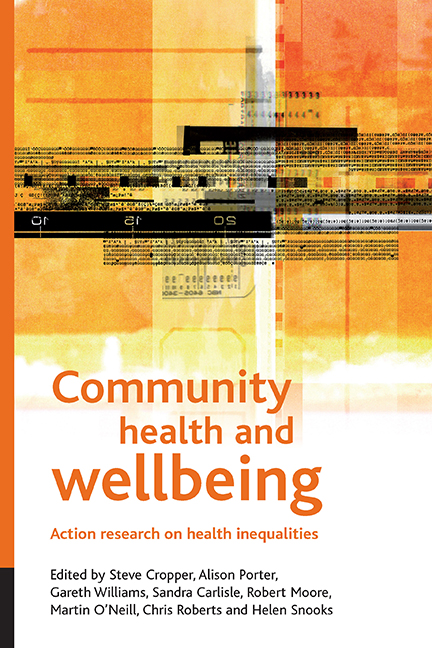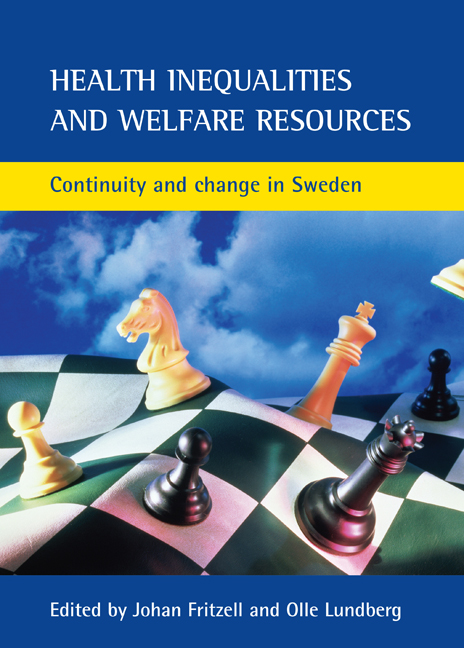6 results in Health and Society Series

The Grim Reaper's Road Map
- An Atlas of Mortality in Britain
-
- Published by:
- Bristol University Press
- Published online:
- 13 April 2023
- Print publication:
- 20 October 2008

Challenging Health Inequalities
- From Acheson to 'Choosing Health'
-
- Published by:
- Bristol University Press
- Published online:
- 15 September 2022
- Print publication:
- 05 September 2007

Community Health and Wellbeing
- Action Research on Health Inequalities
-
- Published by:
- Bristol University Press
- Published online:
- 15 September 2022
- Print publication:
- 22 October 2007

The political economy of health care (Second Edition)
- Where the NHS Came from and Where It Could Lead
-
- Published by:
- Bristol University Press
- Published online:
- 01 September 2022
- Print publication:
- 01 September 2010

Teenage Pregnancy
- The Making and Unmaking of a Problem
-
- Published by:
- Bristol University Press
- Published online:
- 05 July 2022
- Print publication:
- 22 July 2009

Health Inequalities and Welfare Resources
- Continuity and Change in Sweden
-
- Published by:
- Bristol University Press
- Published online:
- 14 January 2022
- Print publication:
- 04 December 2006

